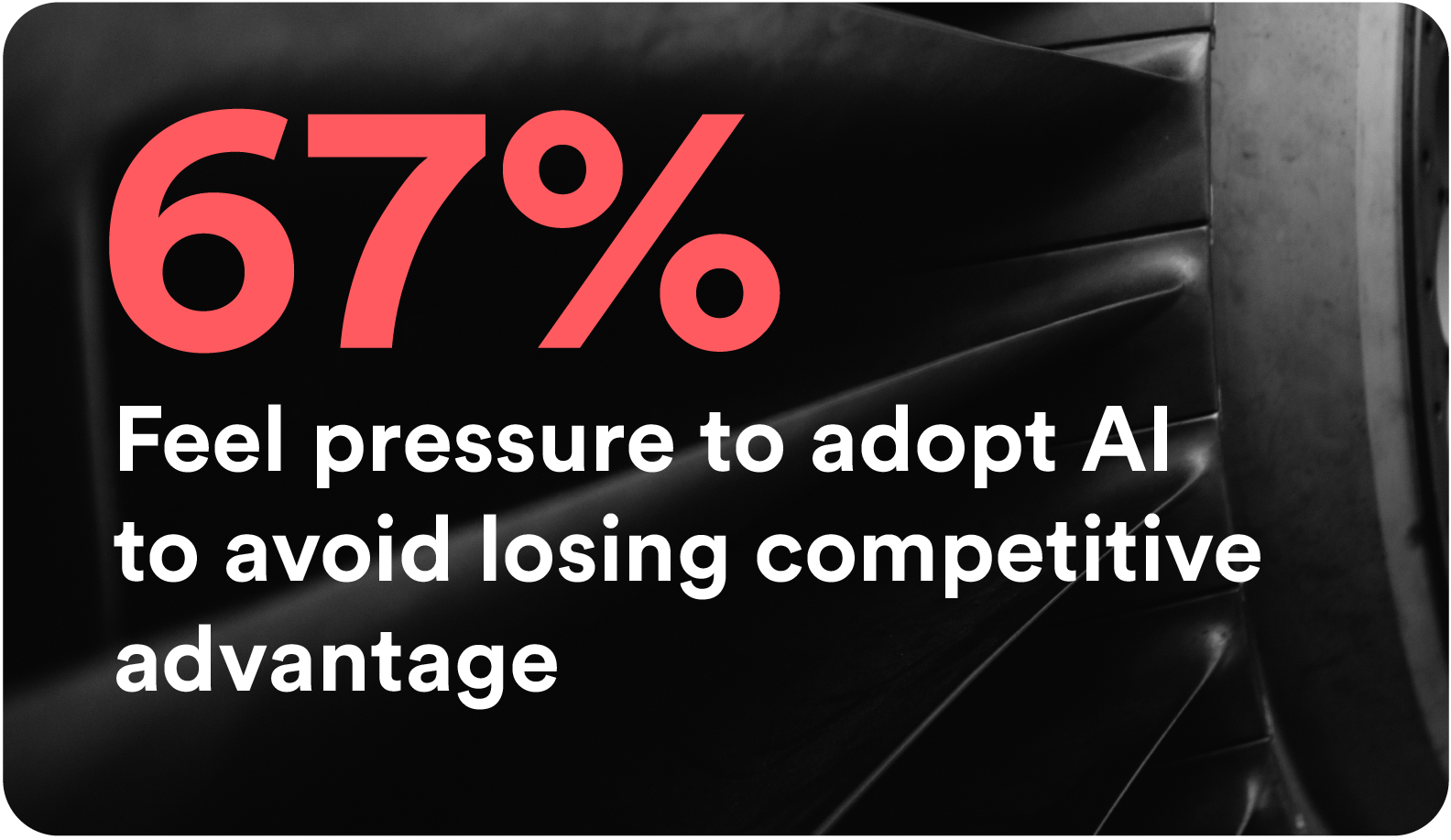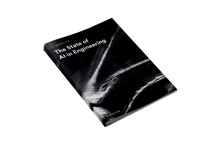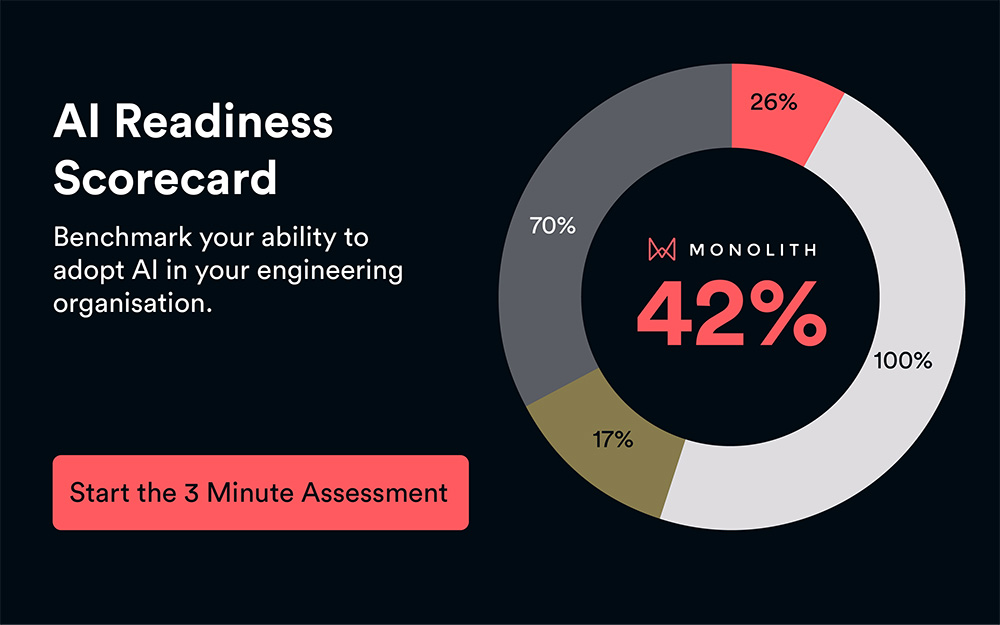Industry
Empowering Industrial engineers with AI.
Monolith is cloud-based AI software built from the ground up for engineers with an intuitive, easy-to-use UI designed for quick adoption and time to results for big data.
Get in touch with Monolith
Are you ready for AI?
AI Readiness Scorecard
Complete Monolith's 3-minute assessment to develop an understanding of your organisation's readiness for AI, and which areas can benefit from the implementation of AI through an in-depth report sent directly to you.
“Monolith allowed us to understand and optimize the gas meter's behaviour for all operating conditions and optimize meter accuracy under extreme conditions, allowing us to build a superior, more accurate product in a much shorter amount of time.”
-Dr. Bas Kastelein, Sr. Director of Product Innovation, Honeywell Process Solutions
Packaging Optimisation Using AI With Aptargroup
In this exclusive customer webinar, Fabio di Memmo from Aptargroup & Monolith CEO Richard Ahlfeld talk about the value of Monolith’s no-code AI platform for packaging, and how to accelerate decisions from months to minutes.
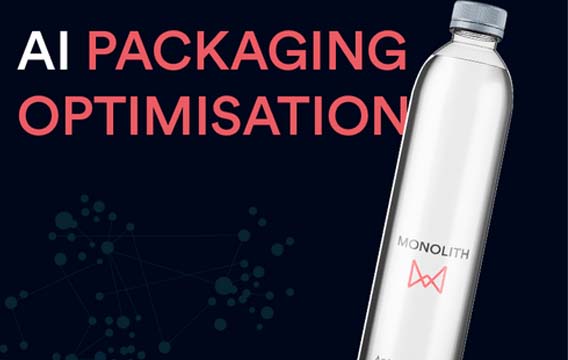
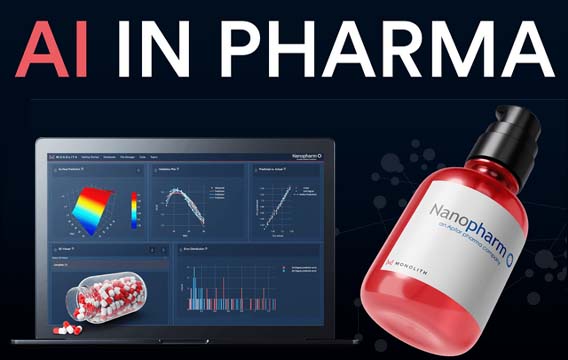
Optimising Particle Size and Shape Distribution From a Target Dissolution Profile With Nanopharm
A random forest regression model was trained to predict the mass dissolved at different time points from the size and shape of the particles, to a good degree of accuracy. The resulting Monolith dashboards enabled users to upload a target dissolution profile and return an optimized particle size and shape distribution that would produce the target dissolution profile.
The Next Generation of Smart Meters Using Self-learning Models
Using Monolith to investigate test data, users can combine, transform and build self-learning models inside our no-code AI platform that accurately predict flow rates for multiple material types, through devices such as valves with varying throughput capabilities such as radius, length, and other relevant device measurements.
Common Industrial engineering challenges
The time-to-market needs for industrial products and applications fail to meet customer expectations.
Exploring and understanding a design space for all potential use cases is a time-consuming and inefficient use of resources.
Case Study
The Next Generation of Pharmaceutical Development Using Self-Learning Models
A random forest regression model was trained to predict the mass dissolved at different time points from the size and shape of the particles to a good degree of accuracy. The resulting Monolith dashboards enabled users to upload a target dissolution profile and return an optimized particle size and shape distribution that would produce the target dissolution profile.
Talk to an expert
Talk to an expert


